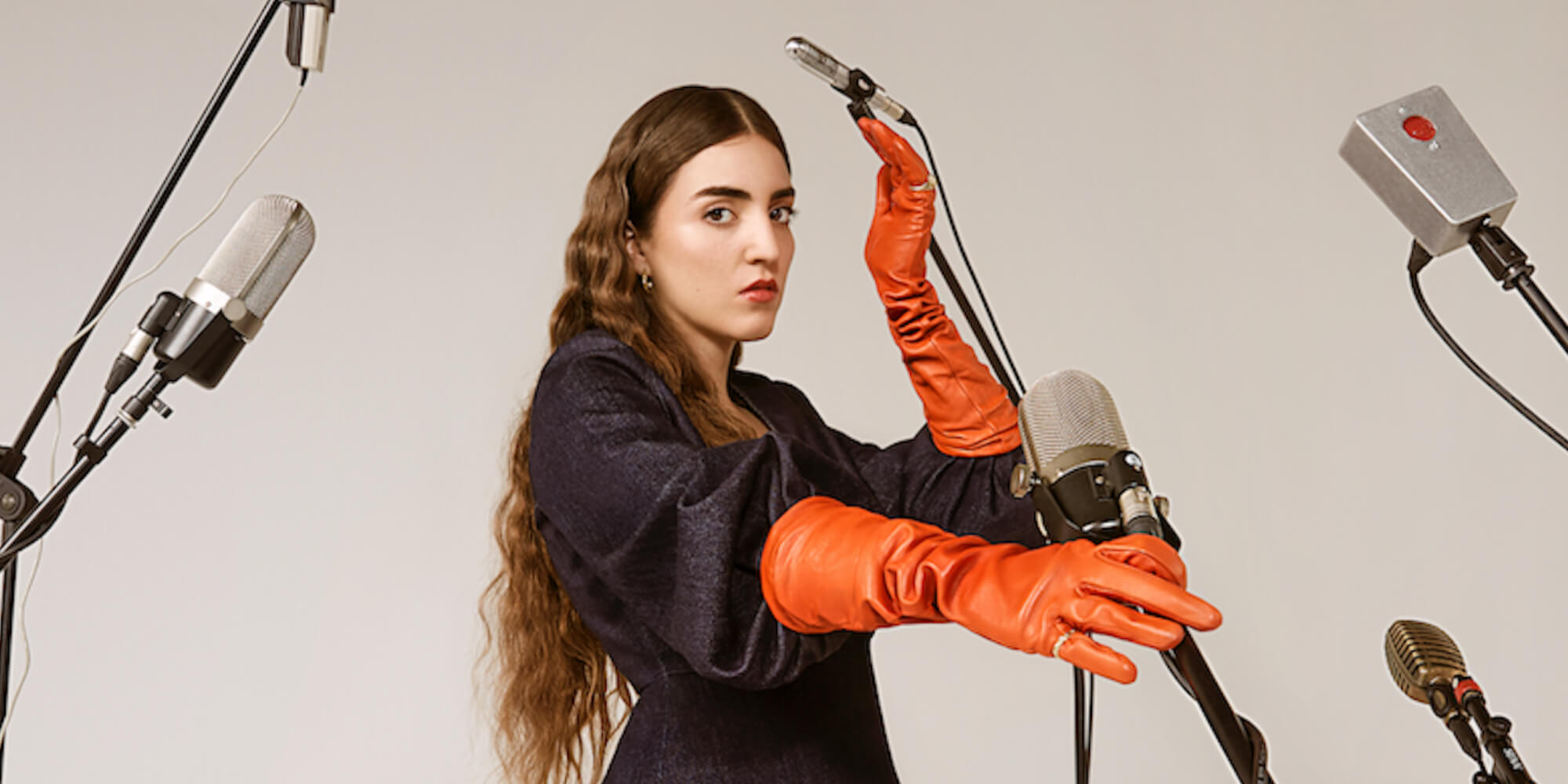Why the f*ck is everyone starting a podcast now?
The month of February may be remembered as a pivotal moment in the history of print journalism in Germany, potentially signaling its eventual demise. In February, the former Gruner&Jahr publishing house initiated an austerity plan, while the Axel Springer publishing house recently announced job cuts at its Bild and Welt newspapers, with a focus on transitioning to a “digital-only” format.
The sudden closure of numerous newspapers has taken many by surprise. Despite nostalgia and elegy fueling a sense of competition within print journalism in recent months, years, and seasons, it appears that the final blow has been dealt to this declining industry. As a result, numerous journalists find themselves facing an uncertain future and the pressing question of where they will go next. Is this truly the end of journalism as we know it?
So, what comes next? Our suspicion is that the era of independent outlets has now arrived (and we’re not just saying this out of self-interest). It may seem peculiar to witness a resurgence of independent magazines during a time when traditional print media is more unstable than ever. However, independent publishing is not fading away; rather, it is experiencing a renaissance. These magazines are not your typical glossy A4 publications with complimentary DVDs. They are objects in their own right, collectible and shareable in the best possible way.
Publications like Accent, which celebrates “misfits and free spirits,” Stitch, Bitch!, aiming to improve and promote fairness in fashion for young people, and Sonshine, a London-based magazine offering guidance for those raising boys in pursuit of an equal world, are thriving in their niche markets. Other magazines tackle a wide range of topics. Ernest, a biannual magazine for curious and adventurous individuals, centers its theme around curiosity and slow adventure. Whether readers choose magazines focusing on travel, food, or feminism, what truly captivates them is the maverick editorial attitude and the emphasis on high-quality design.
These independent outlets possess a significant advantage: they are not constrained by external influences. Their subject matters are as diverse as their production techniques, spanning mental health, trans rights, football, streetwear, and much more. Driven by a passion for both their content and the printed medium, these publications can now reach global audiences thanks to technological advancements.
It would be unrealistic to expect every magazine-less journalist to embark on an independent venture, especially considering that many independent media outlets do not cover the specific topics of interest to these editors. This is where podcasts enter the scene as the medium of the moment. The popularity of audio content has skyrocketed in recent years, leading to the establishment of dedicated conventions within the industry. Podcast genres have expanded far beyond talk shows and true crime stories. In the German-speaking world alone, tens of thousands of programs vie for attention and airtime. Simultaneously, listeners have become more discerning, demanding higher sound quality, editorial standards, and entertainment value. Simply having a podcast is no longer enough; the landscape has matured, presenting new challenges and requirements.
Numerous outlets have already embraced podcasting successfully, but it’s not just publications making the transition. Many journalists are expanding their content through audio formats. Podcasts offer significant advantages, particularly for journalists. Firstly, they provide a long-form format accessible on demand at any time. While online articles exist, print media has long struggled with convenient access. Secondly, our lives are increasingly fast-paced, leaving us with less time for surprises and new discoveries. Podcasts overcome this hurdle by being an audio-only medium. Listeners need only their ears and minimal concentration. Unlike reading blogs or watching videos, which require screen time and focused attention, podcasts can be comfortably consumed while commuting, jogging, or even doing household chores. They are the perfect companion for those on the move, contributing to their rising popularity.
Ultimately, only time will reveal what lies ahead for journalism as we know it.
For now, expect to see an increasing number of podcast recommendations populating your Spotify feed.



























